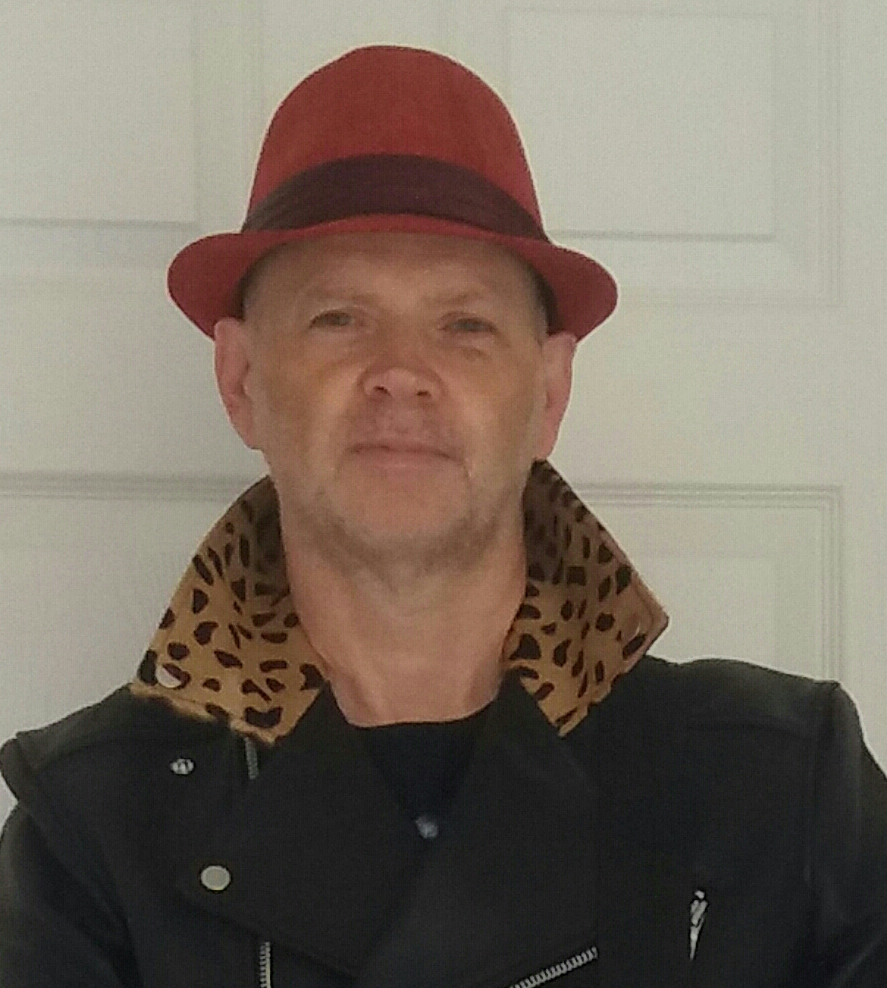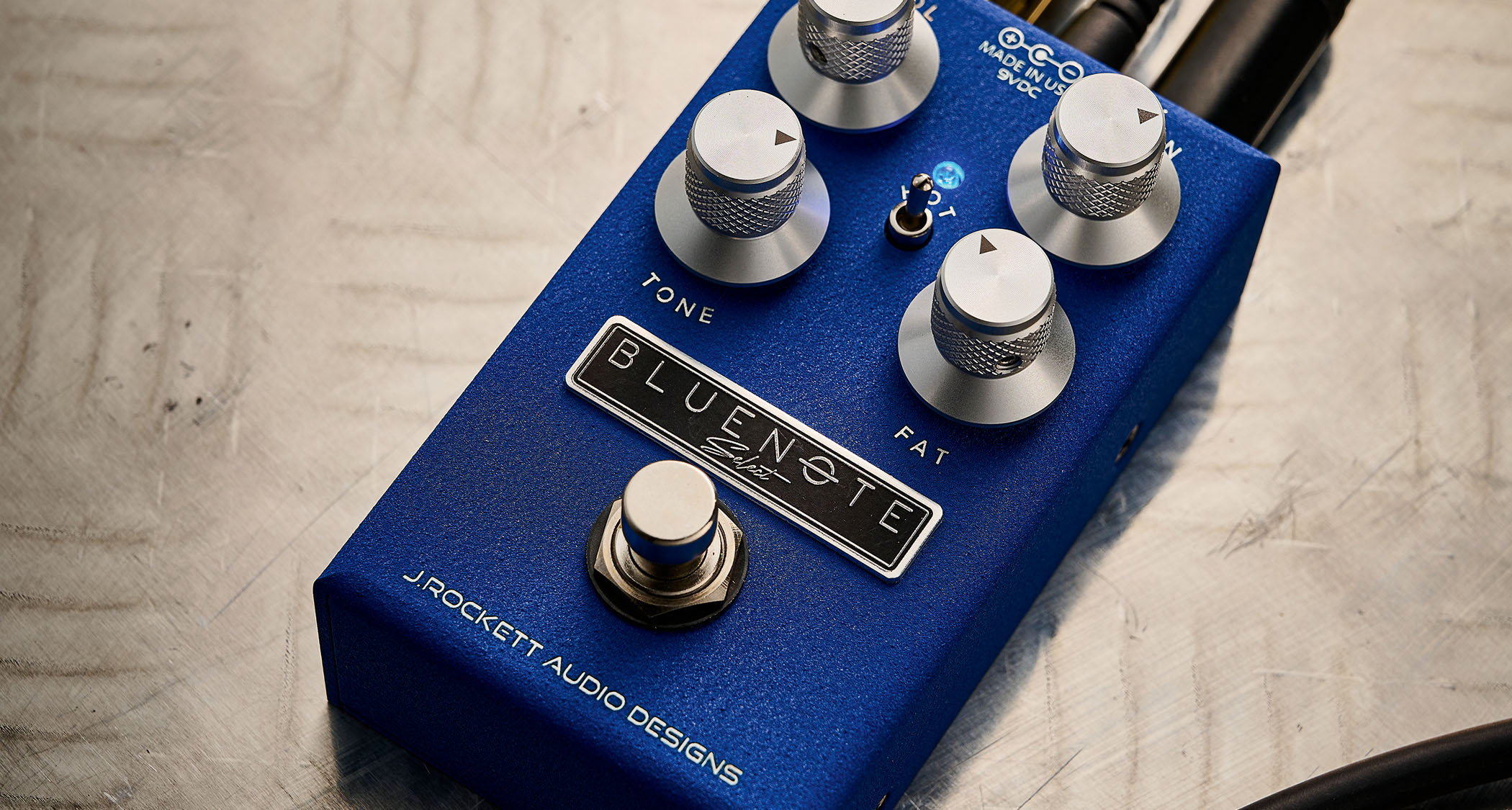Joey Zampella: "Music has lost a lot of mystery now with YouTube and the internet. The value of music has to return - or else there’ll be no music business"
The Life Of Agony guitarist talks melodic solos, his unusual approach to recording and the band's latest album, The Sound of Scars

“Music has lost a lot of mystery now with YouTube and the internet,” argues Life of Agony guitarist Joey Zampella, aka Joey Z. “At one time, the only way you knew what a band was like was to see them yourself or buy the home video. What got you excited was the mystery.
"The newer generation has lost that, and music has lost its value. People will spend $15 on a lunch that lasts half an hour, but they wouldn’t spend that on an album that will last them a lifetime.
"The value of music has to return - or else there’ll be no music business.”
Perhaps it’s no coincidence, then, that the band’s scorching new album, The Sound of Scars, finds them reconnecting with another era: their early days, and - more specifically - their game-changing 1993 debut LP, River Runs Red, a concept album about a troubled teenager’s inability to cope with what seemed to be the worst week of his life.
The Sound of Scars serves as a “chapter two” to the River Runs Red saga. “We really went back to our roots on this one and tapped into the mindset we had when we first started the band,” Zampella says.
The disc - which channels influences that range from Zeppelin to Floyd to Metallica to Bowie - combines Joey’s brutal, pummeling riffs with singer Mina Caputo’s heartfelt vocals.
“I set up my studio as if I was on stage, kind of like a live scenario, with wedges and side fills in my control room,” Zampella says. “I printed a giant, 6-foot-wide banner of the crowd from Wembley Stadium at the [1985] Live Aid concert, so I had this huge crowd on my wall.
Get The Pick Newsletter
All the latest guitar news, interviews, lessons, reviews, deals and more, direct to your inbox!
"I’d loop the song on my computer and keep playing until the guitar would go out of tune. That’s how I did the rhythm tracks, then I’d spend days finding the best ones.
“I tune down one or two steps, using either .10-.52- or .11-.56-gauge Ernie Ball strings,” he adds. “A big part of my sound is [my] Mesa amps and the Bare Knuckle pickups I install in all my guitars.
"When it comes to laying down solos, I think back to what influenced me, which was guitar solos that were so memorable and melodic that you could sing them.
"My Way Out is the one exception, but that’s what’s so great about this band - we can mix everything up and it will always sound like Life of Agony.”
It’s no secret that Life of Agony’s members value their deep, long-standing connection with their audience. “I can’t tell you how many times people will say, ‘Thank you for your music - you’ve saved my life.’ We’re real people, we relate to our fans. We’ll always be out there saying hello.”
Mark is a freelance writer with particular expertise in the fields of ‘70s glam, punk, rockabilly and classic ‘50s rock and roll. He sings and plays guitar in his own musical project, Star Studded Sham, which has been described as sounding like the hits of T. Rex and Slade as played by Johnny Thunders. He had several indie hits with his band, Private Sector and has worked with a host of UK punk luminaries. Mark also presents themed radio shows for Generating Steam Heat. He has just completed his first novel, The Bulletproof Truth, and is currently working on the sequel.
“I always felt like that record could have been better if we had worked on it some more”: Looking for a blockbuster comeback album, Aerosmith turned to Van Halen producer Ted Templeman. For Joe Perry, it served as a learning experience
Guitar World Discussion: Who is the most underrated guitar player of all time?











